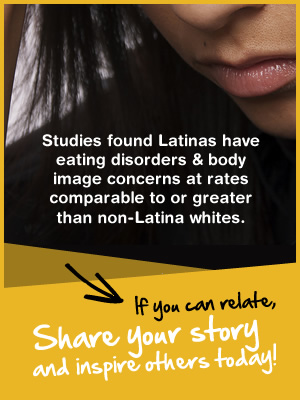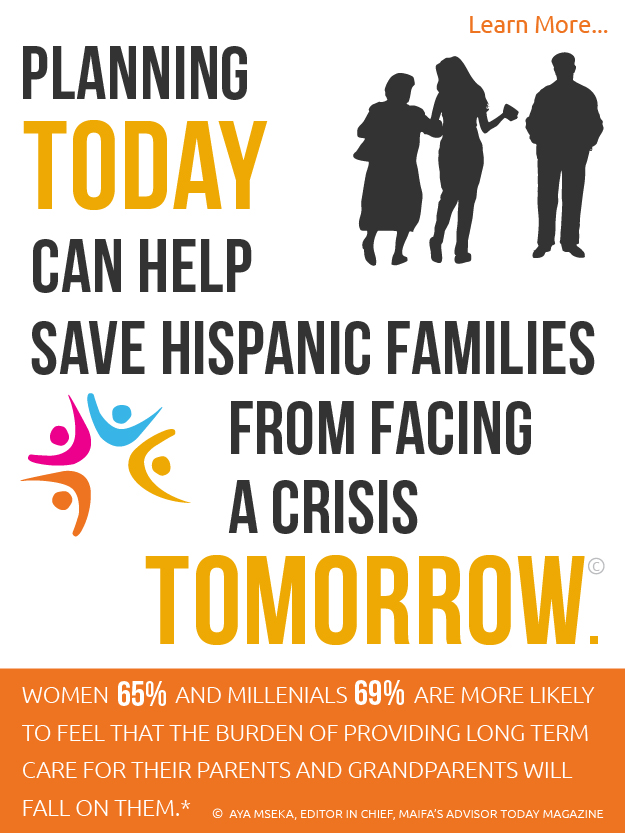
Study: Latino Families Not Served by Autism Tests
09/23/2013 10:42AM | 9020 viewsAt a time when autism diagnoses are at an all-time high, most pediatricians don’t offer the tests necessary to screen Spanish-speaking children.
A study by Oregon Health and Science University researchers in the journal Pediatrics found only about 10 percent of California pediatricians offer both developmental and Autism Spectrum Disorder (ASD) screenings in Spanish. The tests are recommended by the American Academy of Pediatrics, with four developmental screenings between ages nine and 30 months and two autism screenings at 18 and 24 months.
According to the CDC, one in 88 children has an ASD.
Of the more than 250 doctors who responded to the survey, 81 percent said they offer developmental screening in one form or another, but only 29 percent said they offer autism screening in Spanish. That number shrank even further when asked about Spanish-language ASD and developmental screening together.
Questionnaires were sent to a total of 500 California doctors. With more than 14.5 million Latinos, California has the largest Latino population in the country and the third largest percentage of Latinos (38.15 percent), behind New Mexico (47.0 percent) and Texas (38.24 percent).
“We know that early identification is good for kids, and if we can identify them early, we can connect them with the appropriate resources and they do better,” lead study author Dr. Katharine Zuckerman said. But early identification has long been an issue for Latino children, who are typically diagnosed with autism about two-and-a-half years later than white children.
“It may be that the pediatricians don’t think that the screening tools are reliable for children who speak Spanish,” Zuckerman said. She also noted that most of the pediatricians in the survey said they struggled to recognize ASD symptoms in their Spanish-speaking patients. “What we can say is that pediatricians think these are problems,” she said, referring to gaps in access to specialists and communication barriers. “Obviously we didn’t follow kids to see. This is a survey of pediatricians’ opinions. So we can’t say these things lead to late diagnoses, but it [could] definitely be the case.”
One of the largest healthcare providers in the state, Kaiser Permanente (No. 3 in the DiversityInc Top 50), operates an ASD Center at San Jose Medical Center. All necessary appointment information, documentation and parent resources are available in Spanish on the center’s website.
“I think it’s a basic health-equality issue that we should be offering [Latino patients] the same care as everyone regardless of the languages they speak,” Zuckerman said. She said some Spanish-language screening tools are available to pediatricians for free.











Post your Comment
Please login or sign up to comment
Comments